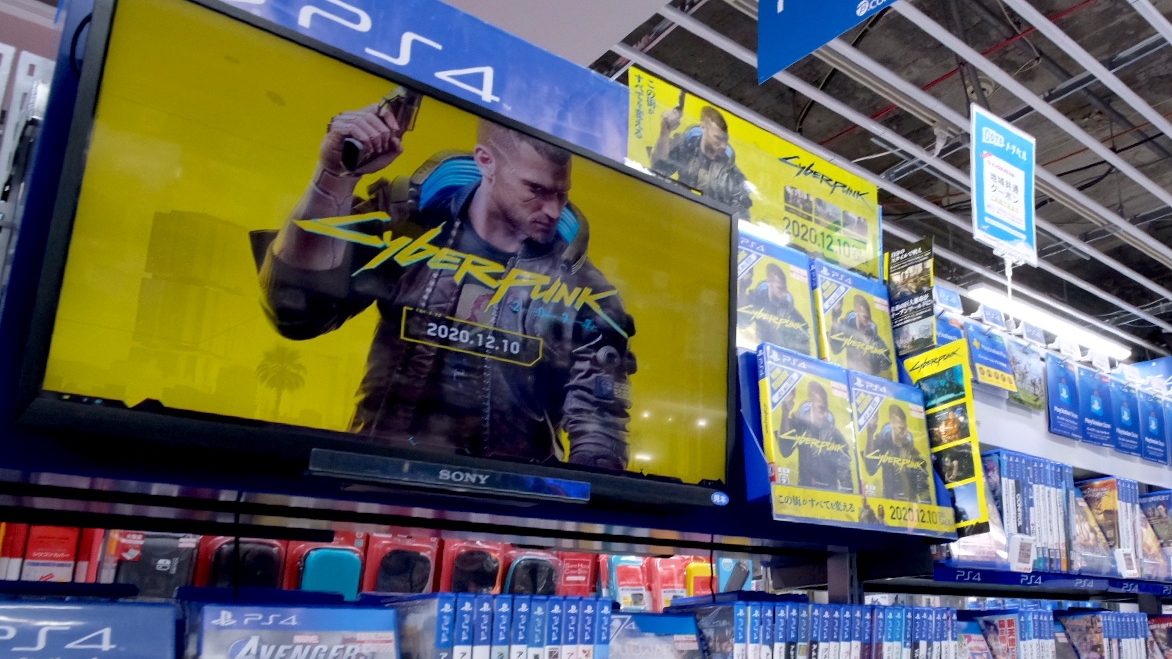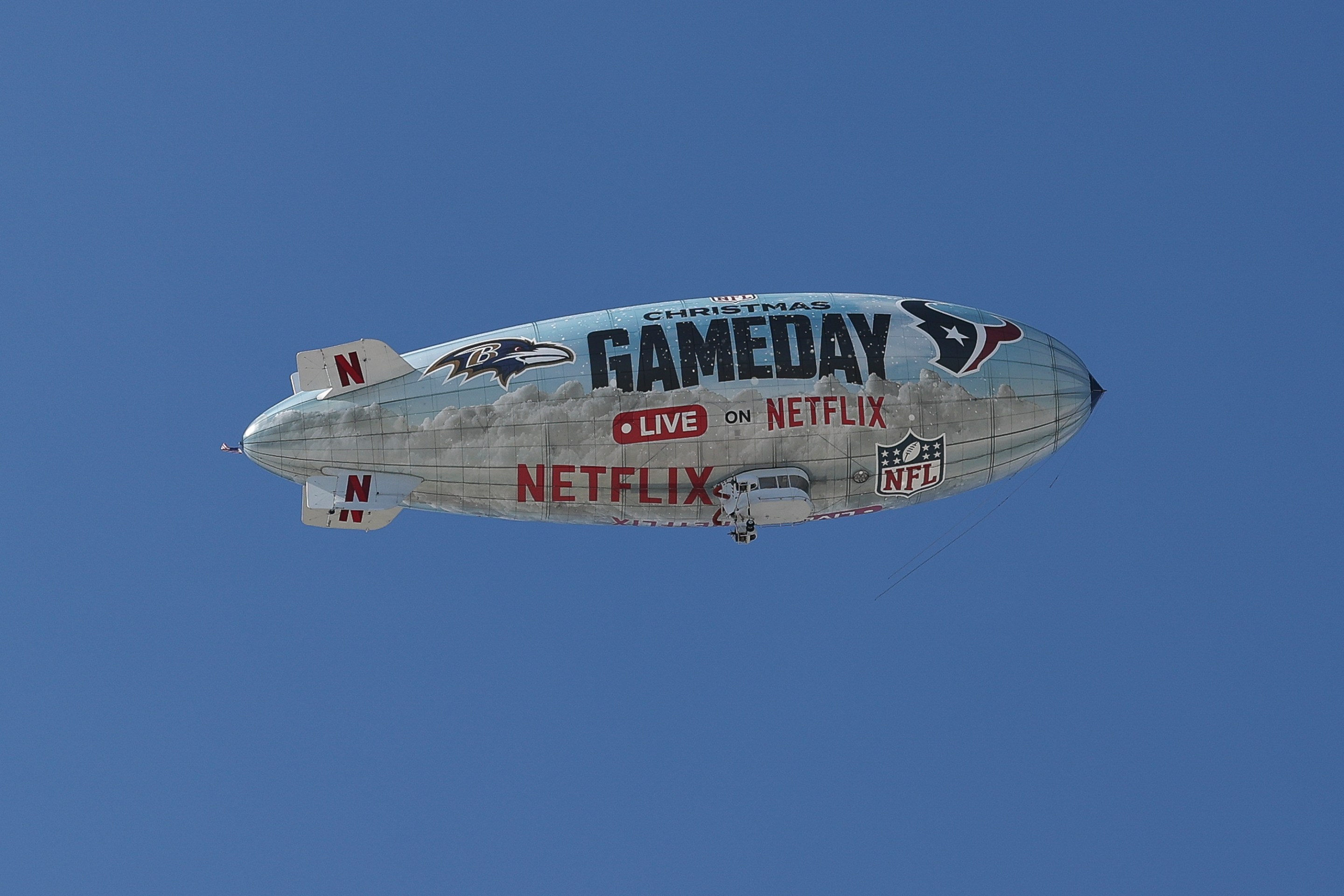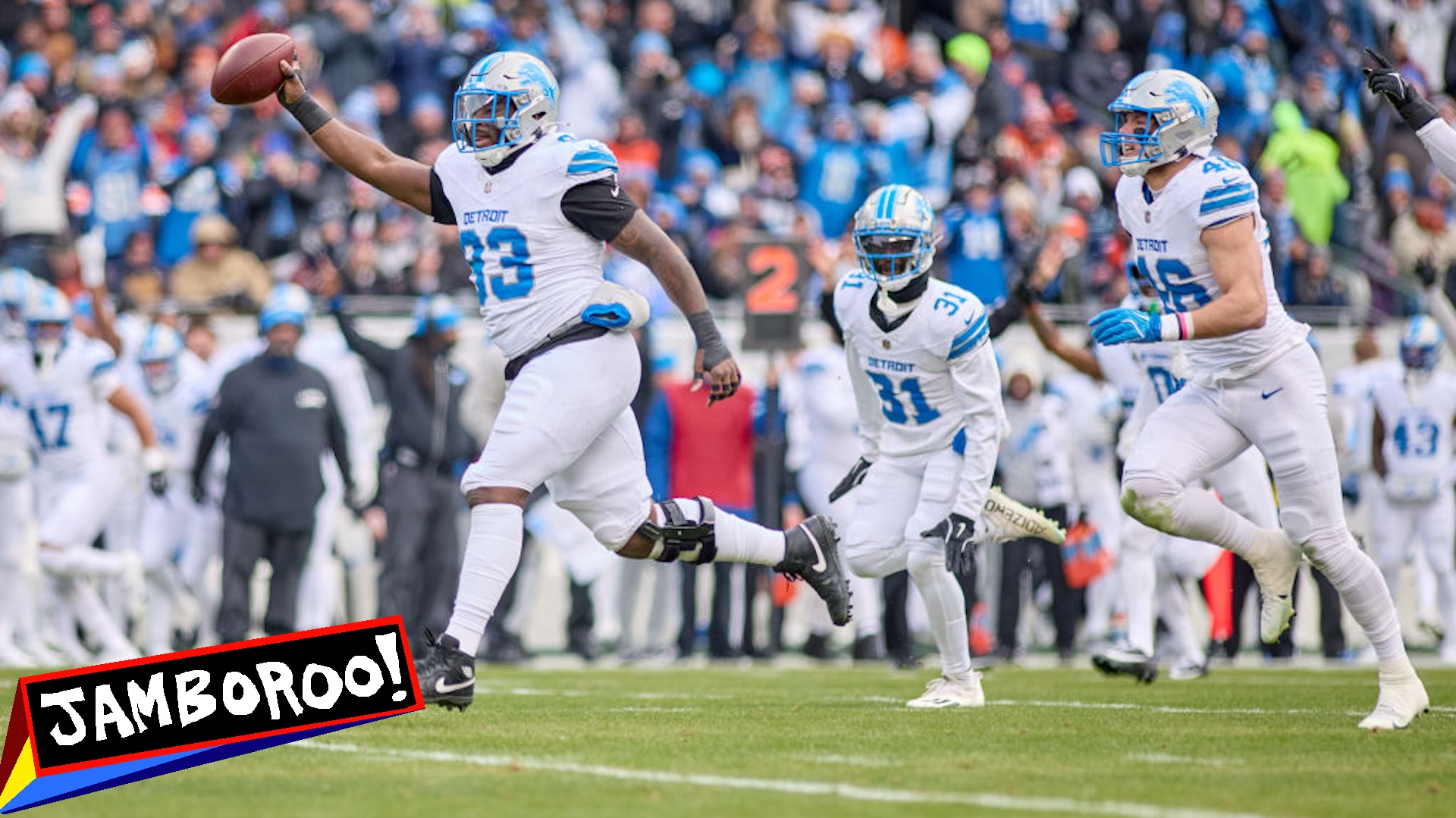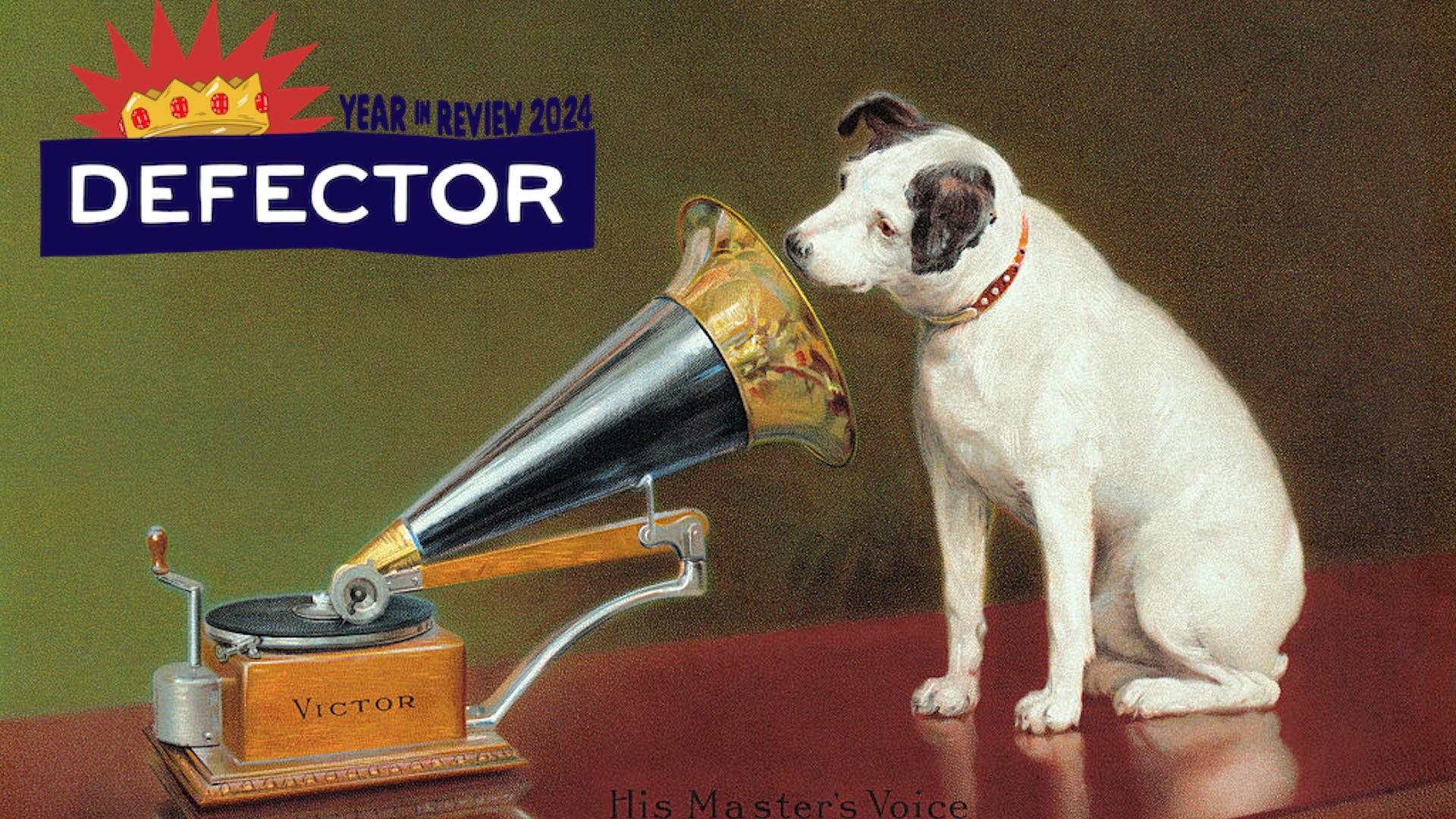After years of hype, one of the biggest publicity and marketing campaigns any video game has ever received, and roughly 8 million pre-orders, CD Projekt Red released Cyberpunk 2077 on Dec. 10. You may have heard about it. The game has turned out to be a mess: riddled with bugs and glitches, clearly unfinished at the time of release, all but unplayable on the last-generation consoles (Xbox One and Playstation 4) used by a plurality of its consumers. Even for those relatively few gamers playing it on high-end gaming PCs, where it reportedly performs better, Cyberpunk 2077 turns out to fall wildly short of the supposed revolutionary ambition and advancement promised by its hype cycle; the best, least glitch-riddled experience of it is just that of another familiar type of game.
If the game itself is a mess (it is, I just said so in the previous paragraph), the fallout from its release is an even bigger one. Sony took the rare step of yanking Cyberpunk 2077 from the online PlayStation Store on Dec. 17; Microsoft has offered full refunds to Xbox players who purchased the game digitally through the Microsoft Store. The share value of CD Projekt Red's parent company, CD Projekt, crashed throughout last week. As Jason Schreier reported for Bloomberg News, furious CDPR staffers grilled executives over their company's abusive labor practices and unrealistic development timelines during an internal video meeting this past Thursday. All of this, it feels important to note, for a game that received numerous glowing reviews from professional critics prior to its release.
As to that, here's a fun passage, from Cecilia D'Anastasio at Wired:
In November, CD Projekt Red sent nondisclosure agreements to journalists ahead of Cyberpunk 2077’s launch that forbade the inclusion of original gameplay footage in their reviews. They could share screenshots, but the only gameplay footage they could publish had to come from CD Projekt Red. Infringing obligations in the NDA could amount to around $27,000 per violation.
In order to receive an early copy of the game, reviewers had to sign the NDA, which forbade them from showing their readers any actual video of how the game performed. The only credible read on this is that Cyberpunk 2077's creators knew their game would perform horribly on commonplace hardware and wanted to limit the viral spread of visual evidence until after gamers had already bought hundreds of millions of dollars' worth of copies of the game. The logic there is not difficult to figure out: In even the most apocalyptic release scenarios, some number of people who might otherwise have been dissuaded by visual proof that the game would be a glitchy, nigh-unplayable pile of shit would, in the absence of that proof, purchase the game and then never get around to seeking a refund—or would seek one but never get further than the first corner of some retailer's labyrinthine return policy before giving up. (You can decide for yourself whether you'd like to call this "fraud.")
The important thing is, by agreeing to these conditions, reviewers who signed the NDA abandoned any claim to adversarial journalism, as well as any utility they might have had to their readers, and are clowns. More than any particular condition of the NDA, what invalidates the product review of a reviewer who has signed the NDA is what that act represents: a negotiated agreement, between a journalist and the powerful company on whose product they're reporting, to serve the company's interests before the reader's. It might as well be an employment contract.
How could a reader who'd been made aware of that agreement trust that every sentence of the product review did not reflect a careful compromise between the truth and a company's interest in maximizing its sales? How could a reader possibly hope to parse that out? They couldn't. That's the NDA's utility to the company that insisted upon it: It produces a courtier press, and a public ever more vulnerable to marketing. Oh, hey, apropos of nothing, thanks to pre-orders, CD Projekt Red was able to announce that Cyberpunk 2077 had fully recouped the costs of its years-long development by the day after its release.
All reviewers got in exchange for their signature on that NDA, their willing participation in a sales campaign, was the opportunity to publish a few days earlier. Any of them in possession of spines could have simply purchased the game on the day of its release—write it off as a work expense, clowns!—and published their review the following Monday without restrictions, but with a somewhat greater danger that their authentic service to their readers would alienate the scumbag executives of a company willing to ship an incomplete, unusable product in place of an abject apology. An ugly truth that people in ad-supported media often talk their way around concerns what the product is, and who is buying it: To whatever extent the business might be, or might appear to be, selling journalism to readers, it is at least as much the bulk-selling of readers to advertising companies. In the absence of dignity and integrity it can tip all the way over into the latter, where the journalistic mission of informing the public sometimes grinds against the commercial imperative to deliver the largest possible audience to advertisers. Nowhere is this more starkly illustrated than by product reviewers negotiating how much truth they'll agree to withhold in exchange for getting a neutered, dishonest review up on the page a measly few days sooner than a truthful, adversarial one might arrive—weaponizing readers' desire to gather information ahead of a purchase against those very readers for the sake of monetizing their eyeballs.
Cyberpunk 2077 has turned out to be an indictment of every part of the 21st century games industry: its abusive working conditions, its imaginative bankruptcy, the distorting power of its marketing machinery. Add to that list the complicity of so many of the people and publications covering it. In that respect this broken piece-of-shit game has revealed quite a bit more truth than most of what you could read about it prior to last Thursday.





